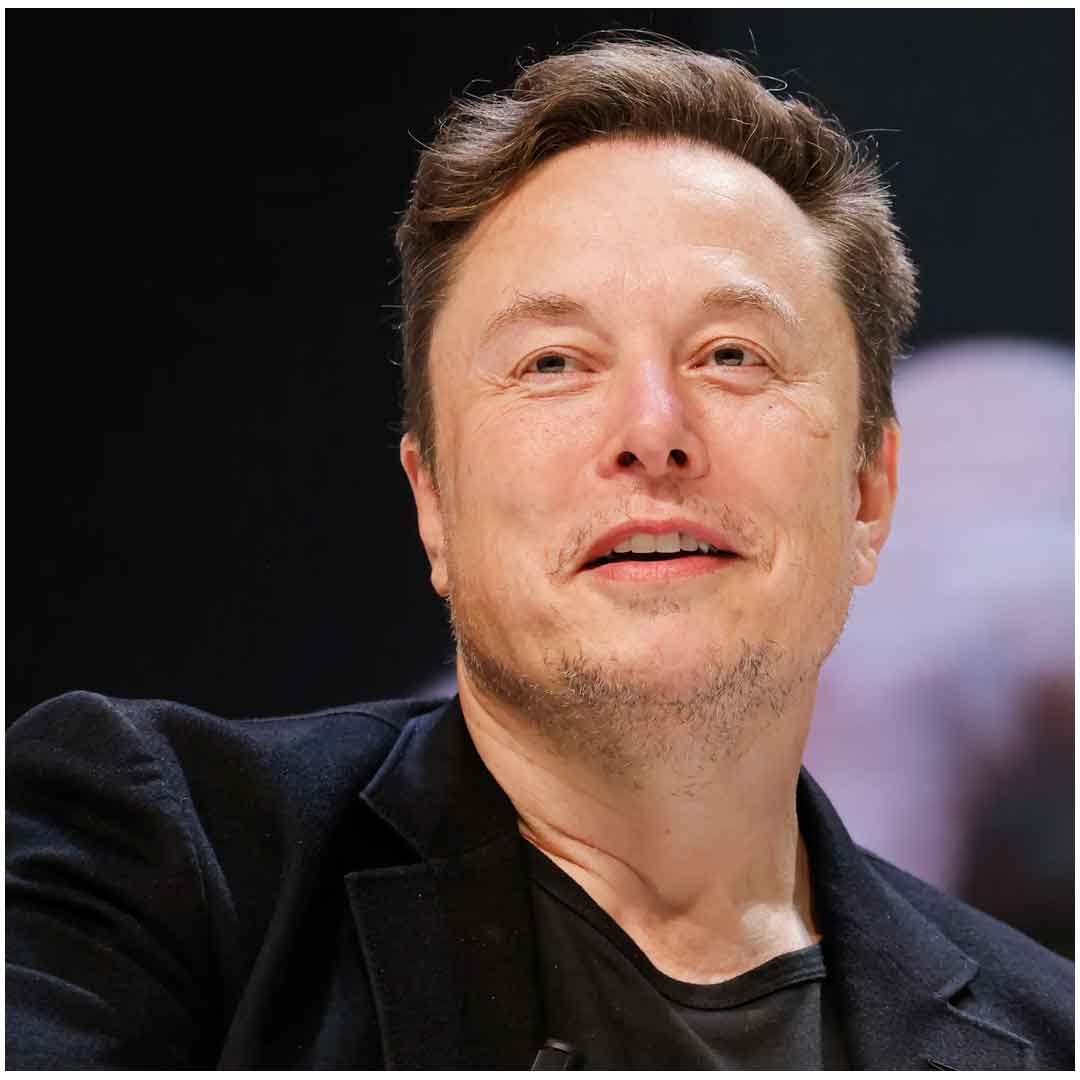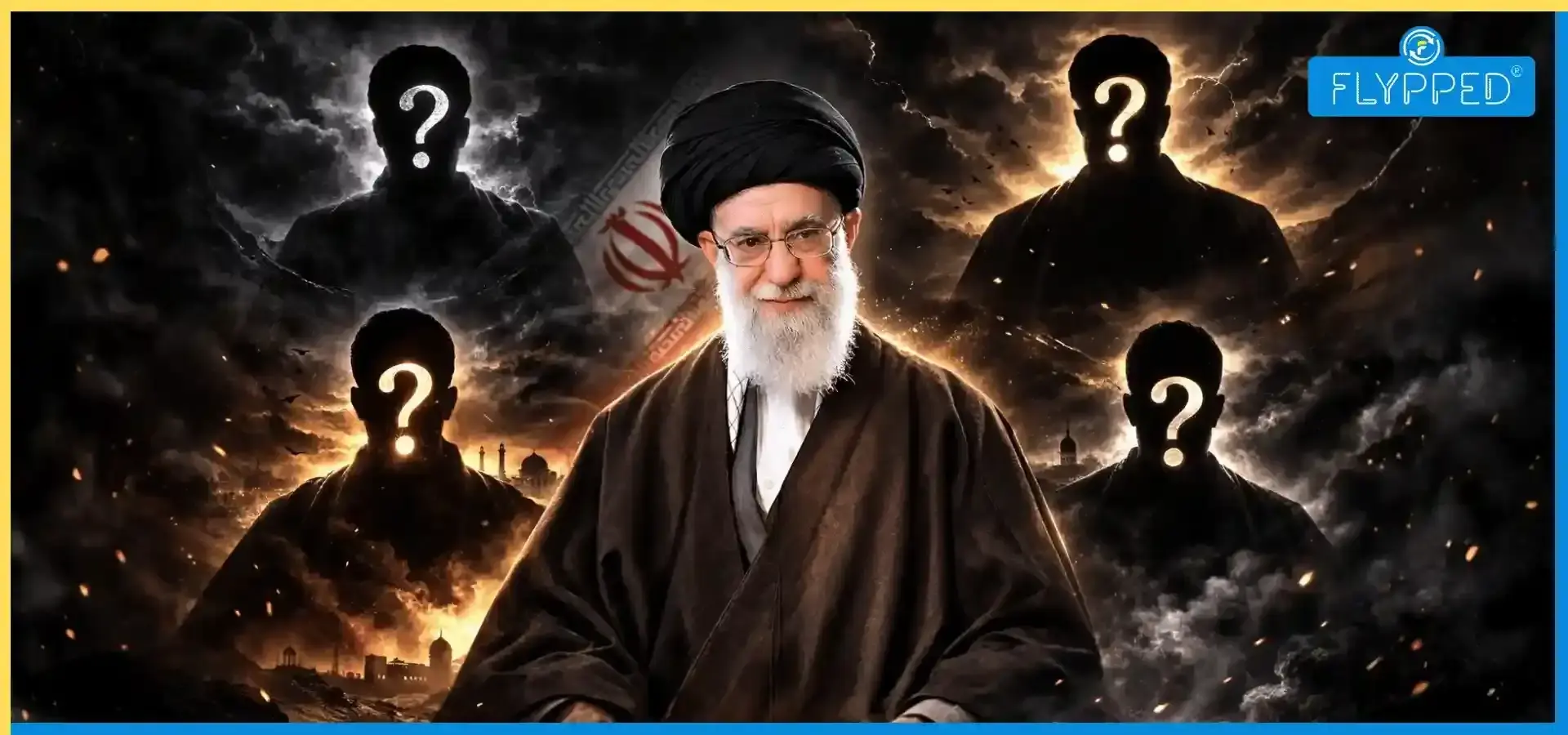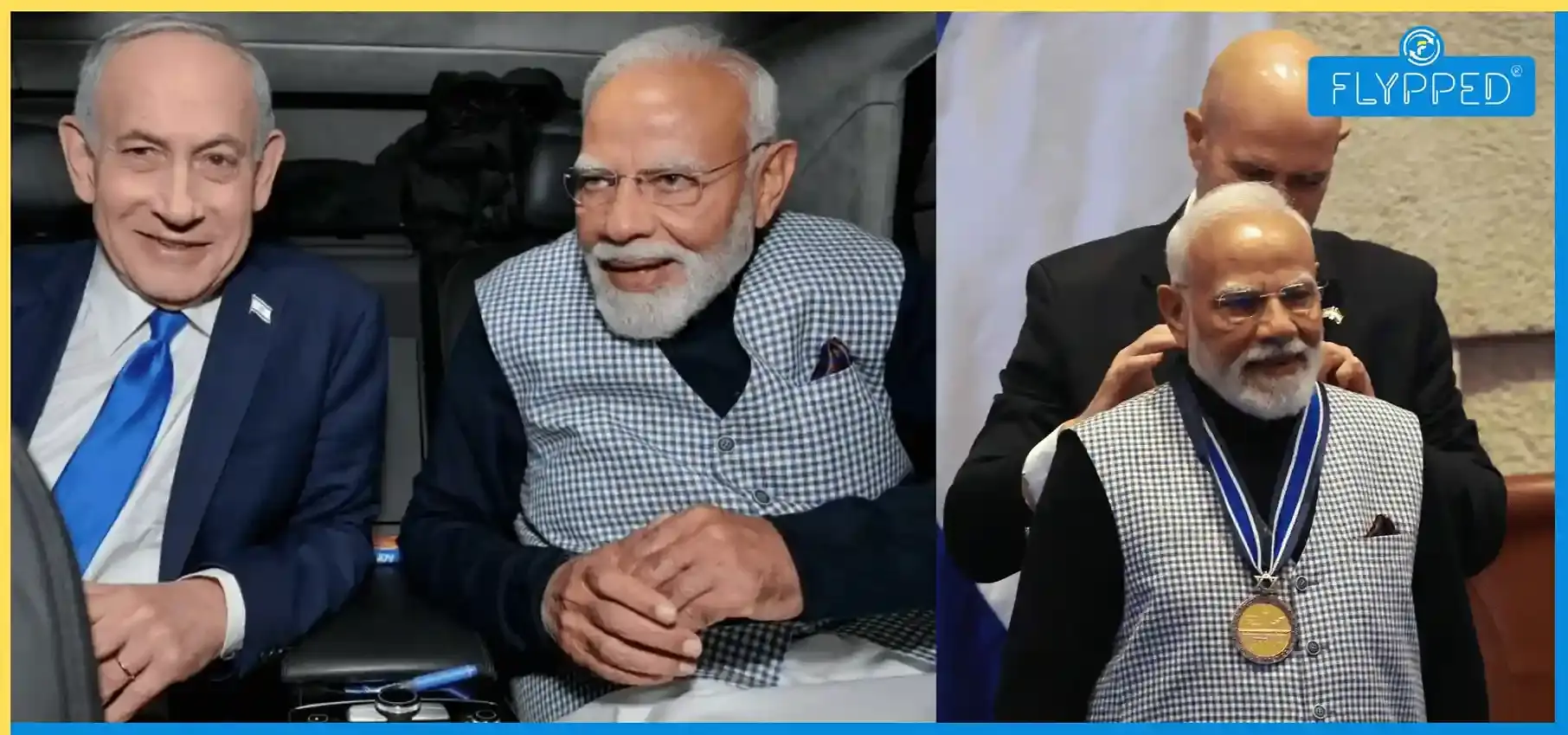Elon Musk declares war on H-1B visas and gains support from a key American figure

Elon Musk is no stranger to shaking up industries, but this time, he's diving into a heated political debate. The billionaire entrepreneur has set his sights on the H-1B visa program, voicing his concerns over how it impacts American workers and innovation. His stance, controversial as ever, has found an ally in a notable American figure, adding fuel to the fire of an already divisive topic.
In this article, we’ll unpack Musk’s views on the H-1B visa system, explore why it’s become such a hot-button issue, and dive into how his position is resonating with key supporters in the U.S. Let’s break it down.
What is the H-1B Visa Program?
For those unfamiliar, the H-1B visa is a non-immigrant visa that allows U.S. companies to employ foreign workers in specialized fields like technology, engineering, and medicine. Every year, thousands of skilled professionals, particularly from countries like India and China, flock to the U.S. under this program.

Proponents argue that the H-1B program brings much-needed talent to American industries and helps companies remain globally competitive. Critics, however, claim that the program is often exploited to replace American workers with cheaper labor, undermining job opportunities and wages for U.S. citizens.
Elon Musk’s Critique of the H-1B Program
Elon Musk, who has long been vocal about issues surrounding technology, workforce dynamics, and immigration, recently made his stance on H-1B visas clear. He argues that the program, while initially well-intentioned, has been corrupted by corporate interests. According to Musk, companies exploit the system to cut costs at the expense of American workers and long-term innovation.

Musk tweeted, "The H-1B system is flawed. We need to prioritize merit and fair wages over loopholes that allow companies to abuse the system."
For someone who runs several tech-driven companies, including Tesla and SpaceX, Musk’s concerns hold weight. These organizations rely on highly skilled talent, but Musk insists that the focus should be on cultivating and rewarding talent domestically rather than relying heavily on foreign labor.
Why Has Musk Taken This Position Now?
There are several reasons Musk may have chosen this moment to criticize the H-1B program:
- Economic Uncertainty: The U.S. economy is facing challenges, with many Americans concerned about job security. Musk’s call to prioritize American workers resonates with those worried about losing jobs to foreign talent.
- AI and Automation Boom: Musk has frequently warned about the rise of AI and its impact on employment. He may view the H-1B program as another factor contributing to workforce disruption, compounding the challenges already posed by automation.
- Populist Sentiments: As more Americans demand reforms to immigration policies, Musk’s stance aligns with a growing movement calling for tighter regulations on work visas.
A Surprising Ally Steps In
Musk’s critique didn’t just spark conversations—it attracted a significant ally: Senator Josh Hawley. Known for his populist views and "America First" agenda, Hawley has been a vocal critic of the H-1B system for years. The senator praised Musk for speaking out, stating, “Elon is right—our system needs fixing. We can’t keep selling out American workers to corporate greed.”
This collaboration between a tech mogul and a politician from the heartland is unusual but strategic. Hawley’s legislative influence and Musk’s cultural clout create a powerful dynamic that could push for changes to the H-1B system. Together, they’re amplifying a message that strikes a chord with many Americans.
The Debate:
The H-1B debate isn’t black and white. While Musk and Hawley argue for protecting American jobs, critics of their stance warn that restricting the program could have unintended consequences.
Arguments in Favor of the H-1B Program
- Talent Shortage in Tech: Many companies claim they struggle to find qualified U.S. workers for highly specialized roles, making the H-1B program essential.
- Global Competitiveness: Limiting visas might lead companies to relocate jobs overseas, ultimately hurting the U.S. economy.
- Diversity and Innovation: Proponents argue that bringing in global talent fosters a diverse workforce that drives creativity and progress.
Criticisms of the Program
- Abuse by Corporations: Some companies are accused of using the program to replace higher-paid American workers with lower-cost foreign employees.
- Wage Suppression: Critics claim that H-1B workers are often paid less, driving down wages for everyone in the industry.
- Visa Dependency: Workers on H-1B visas are tied to their employers, creating a power imbalance that some argue exploits these individuals.
What Does This Mean for the Future?
Musk’s stance and his alliance with figures like Senator Hawley could signal a shift in how the U.S. approaches skilled immigration. While reforms to the H-1B program have been discussed for years, a high-profile advocate like Musk could bring renewed attention and urgency to the issue.
https://twitter.com/Indianinfoguide/status/1873392752744083558
However, any changes to the program will need to strike a delicate balance. Completely restricting H-1B visas could harm industries that rely on global talent, while failing to address abuses within the system could perpetuate existing problems.
What Critics Say About Musk’s Position
Musk’s critics argue that his companies, including Tesla, have benefited from skilled foreign labor in the past. They question whether his stance is genuine or simply an attempt to align with populist sentiments during turbulent economic times. Others point out that Musk’s proposed solutions lack specifics, leaving many to wonder how he would reform the system without harming innovation.
Public Reaction
The public response to Musk’s comments has been polarized. Supporters applaud him for taking a bold stance on a contentious issue, emphasizing the need to protect American jobs. Opponents, however, worry that his rhetoric could lead to overly restrictive policies that stifle progress.
Social media has become a battleground for this debate, with hashtags like #FixH1B and #AmericanJobsNow trending alongside heated discussions about immigration and the future of work.
The Bigger Picture
Musk’s critique of the H-1B visa program isn’t just about immigration—it’s a reflection of broader concerns about fairness, economic security, and the role of technology in shaping the workforce. His willingness to challenge the status quo, paired with the support of influential figures like Senator Hawley, could lead to significant changes in U.S. immigration policy.
At the same time, the debate underscores the complexity of balancing the needs of American workers with the demands of a globalized economy. Whether you agree with Musk or not, his comments have reignited an important conversation about how the U.S. can foster innovation while protecting its workforce.
Conclusion
Elon Musk’s declaration of “war” on the H-1B visa program has put him at the center of a contentious debate. By challenging the status quo and gaining the support of key American figures, Musk has amplified calls for reform. However, the path forward is anything but straightforward.
As discussions continue, one thing is clear: the future of the H-1B program will play a crucial role in shaping the American workforce and economy. Whether Musk’s vision will prevail remains to be seen, but his intervention has undoubtedly raised the stakes in an already high-stakes issue.
Click to read the full article





